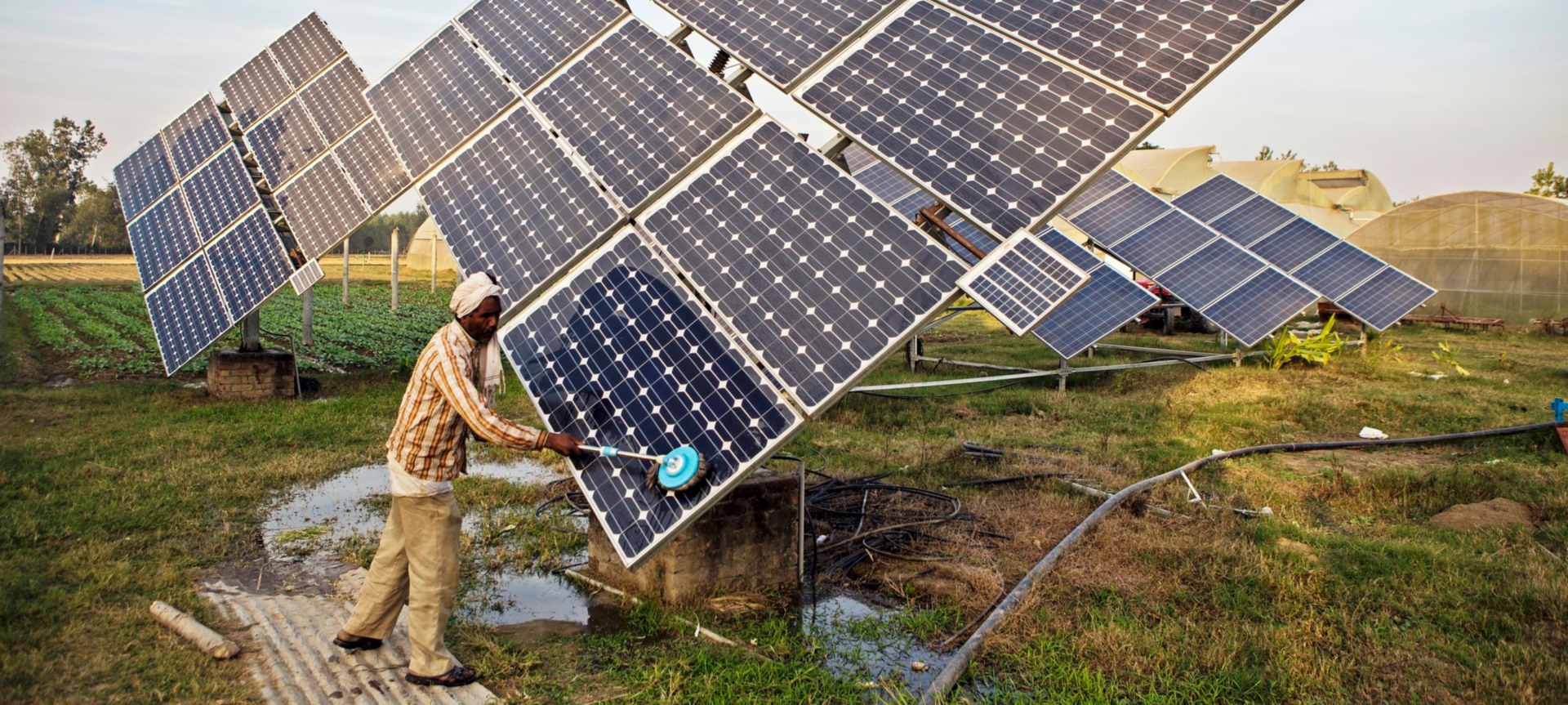The Coal Transition Commission
Our work with the Coal Transition Commission (CTC) is helping us to outline how governments, public finance, and private finance can work together to move emerging economies away from coal.

Our work with the Coal Transition Commission (CTC) is helping us to outline how governments, public finance, and private finance can work together to move emerging economies away from coal.
The Coal Transition Commission is an initiative launched by President Macron at COP28, which has been co-chaired by the French and Indonesian governments and is one of three pillars of the wider Coal Transition Accelerator. The Commission aims to develop practical policy solutions to accelerate coal transitions globally. It is supported by Bloomberg Philanthropies with secretarial hosted by the Powering Past Coal Alliance.
Over the course of the past year the Coal Transition Commission has convened national policymakers, Multilateral Development Banks, private finance and international organisations and experts to gather the lessons from experiences of delivering transitions to date, identify the key obstacles to acceleration and surface potential solutions. On the basis of these consultations the Secretariat has produced a report: “Accelerating Coal-to-Clean Energy Transitions: First Report and Recommendations of the Coal Transition Commission”.
The report seeks to advance the collective understanding of the opportunities, challenges and potential policy solutions to hasten the transition, building on existing initiatives like the Just Energy Transition Partnerships (JETPs). It lays out the steps that need to be taken by governments, international organisations and standard setters, as well the potential supportive roles that public and private financial institutions could play to create an enabling policy environment, scale up finance for the coal-to-clean transition and build a pipeline of projects, highlighting that doing so is essential to keeping 1.5oC in reach.
The Commission will continue to work towards implementing this roadmap in the run-up to COP30, focusing on creating tailored financing solutions and leveraging lessons from pilot projects to help countries transition effectively and equitably.